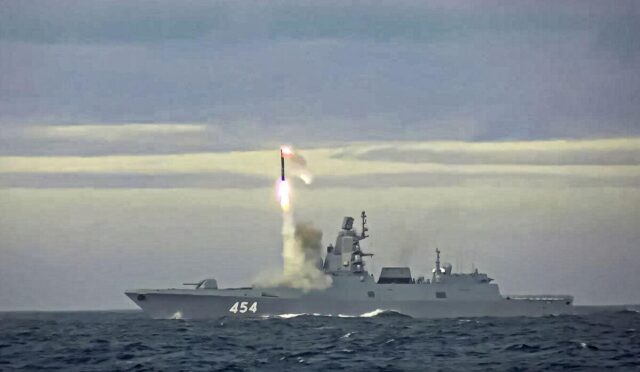Greece’s Military Modernization Unveiling
Greece, a prominent NATO member, is poised to announce a significant overhaul of its military capabilities this Wednesday. The initiative, inspired by similar efforts across Europe, will be presented by Prime Minister Kyriakos Mitsotakis in parliament. The highlight of this modernization agenda is the introduction of a cutting-edge anti-aircraft defense system known as “Achilles’s Shield.” This modernization is particularly critical for Greece, which allocates over 3% of its GDP to defense due to ongoing tensions with neighboring Turkey and aims to invest €26 billion (approximately $28 billion) in advanced weaponry by the year 2036.
The Greek government’s officials have declared this modernization effort as “the most significant reform in the history of the Greek state regarding national defense.” Government spokesman Pavlos Marinakis articulated last week that Greece is taking steps to bolster its defense capabilities and secure itself amid current geopolitical challenges. In terms of defense spending, Greece stands alongside countries like Poland, Estonia, and Latvia as one of the few NATO nations investing more than 3% of its GDP in defense. This year, Greece’s military budget has doubled to €6.13 billion ($6.6 billion), reflecting the urgency of its defense initiatives.
Introducing ‘Achilles’s Shield’
A cornerstone of Greece’s military modernization plan is the enhancement of its anti-missile and anti-aircraft defense systems, notably through the acquisition of the “Achilles’s Shield.” Sources indicate that negotiations are currently underway with Israel for this advanced system, which aims to bolster Greece’s capabilities against aerial threats, including drones. Reports suggest that Greece may also collaborate with France, Italy, and Norway in acquiring new military assets, such as unmanned vessels, drones, and cutting-edge radar systems, thereby strengthening its defense posture along the EU’s Eastern Mediterranean frontier.
This development is part of Greece’s ongoing commitment to procure military equipment from European partners, particularly France and Germany. The nation has long justified its defense spending by emphasizing the need to safeguard its territorial integrity against perceived threats from Turkey, its historical rival.
The Imperative for Military Overhaul
Experts, including Professor Maria Gavouneli from the University of Athens, note that this military reorganization was essential for Greece. The economic crisis of the last decade resulted in stagnation and halted public spending, causing Greece to lag in updating its military arsenal. Gavouneli, who also leads the Hellenic Foundation for European and Foreign Policy, emphasizes that it is crucial for Greece to catch up on modernization to meet the demands of contemporary threats.
In tandem with these efforts, Greece has finalized a military cooperation agreement with France, involving the procurement of 24 Rafale fighter jets and three Belharra-class frigates, totaling over €5.5 billion ($5.9 billion). Interestingly, one of the frigates will be constructed in Greece, thus augmenting the local defense industry. Additionally, Greece is set to acquire 20 F-35 fighter jets from the United States.
Strategic Military Cooperation and Regional Dynamics
Furthermore, last November, Defense Minister Nikos Dendias announced plans to acquire four different drone systems and consolidate military units to enhance operational efficiency. He stressed the importance of adapting to a “different reality” as Greece seeks to modernize its armed forces in line with the evolving geopolitical landscape, particularly regarding relations with Ankara.
This trend of military enhancement is not unique to Greece. Countries like France, Germany, and Poland have all emphasized the need to strengthen their military capabilities, especially with waning trust in the US military umbrella. European Commission President Ursula von der Leyen has underscored the necessity for the EU to ramp up its defense spending in light of emerging threats, particularly from Russia.







